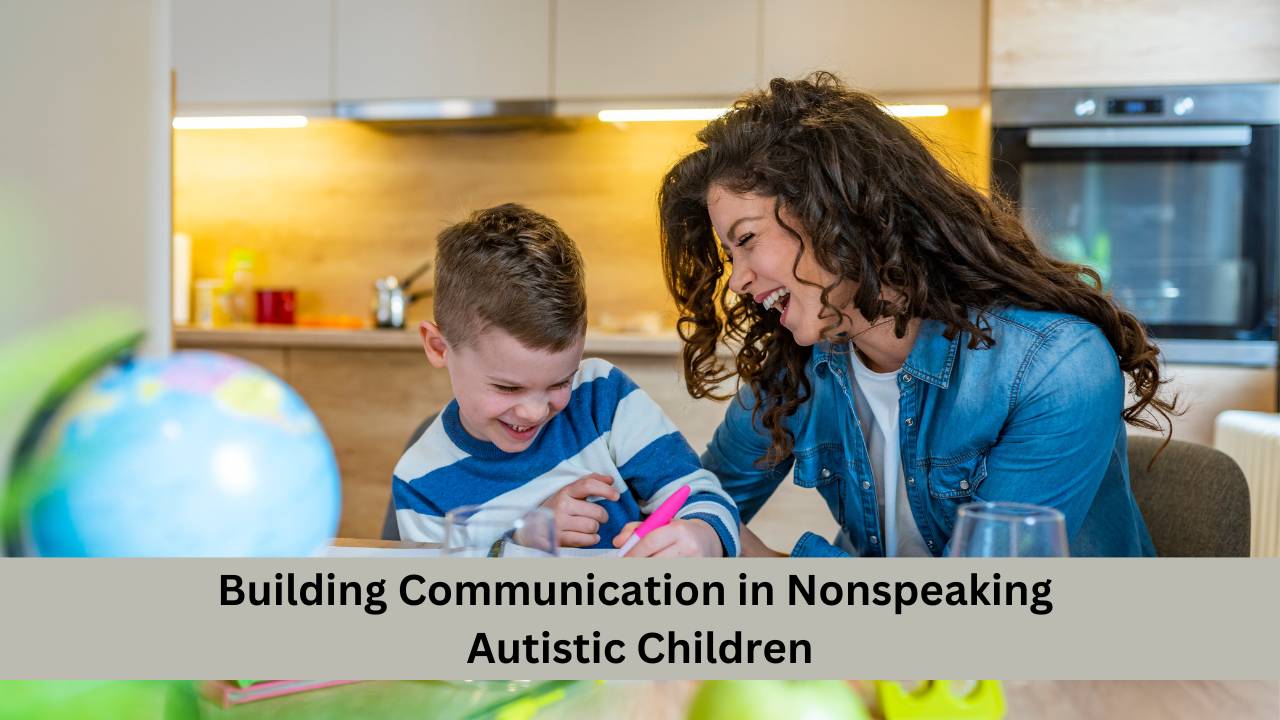The latest research shows that up to 40% of autistic individuals are non-speaking or minimally speaking. "Non-Speaking Autism" is a term that refers to autistic individuals who either can't or choose not to use words to communicate. To be clear, nonspeaking autism does not mean that an individual do...
Managing emotions, anxiety, and unexpected changes can be difficult for anyone, but we all know that these challenges can be particularly tricky for our autistic loved ones. Although there are many strategies to help manage some of these difficulties, there is one that we would like to highlight tha...
Apraxia is a neurological condition that can have a significant impact on motor skills and communication abilities. Let's dive in and explore this intriguing condition and how it relates to autism!
Apraxia is a condition where individuals struggle to complete movements, even when they have the desi...
Let's explore a topic that's incredibly important for many autistic children - augmentative and alternative communication, also known as AAC. AAC is a fantastic support system for individuals who are minimally verbal or have no speech at all.
Communication is a vital aspect of our everyday lives, a...
Communication involves the exchange of ideas, thoughts, and emotions between individuals. It can take various forms such as verbal or written expressions, as well as actions and nonverbal cues. Typically, we acquire communication skills effortlessly and instinctively. However, autistic individuals f...
Have you ever considered improv theater for your autistic child?
Recent studies have shown that engaging in improv theater can have spectacular benefits for autistic children. It's not just about having a good laugh, although that's certainly a plus! Improv actually plays a crucial role in developi...
Let's talk about a fascinating aspect of communication: facial expressions. They play a crucial role in conveying emotions, interest, and understanding. A smile can brighten our day, while a furrowed brow may indicate concern. It's a language of its own. For autistic children, learning to decipher t...
As parents, we understand the importance of oral motor skills in our daily lives. These intricate movements of the muscles in the mouth, such as the tongue, lips, cheeks, and jaw, enable us to perform essential functions like chewing, swallowing, drinking, articulating sounds, and communicating effe...









